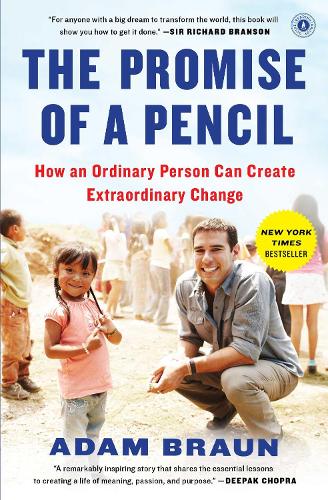The book 'Attached' by Amir Levine and Rachel Heller is a comprehensive guide to understanding adult attachment styles, particularly in romantic relationships. The reviewer found the book to be a missing piece in their journey towards secure relationships. It provides scientific research and practical tools that helped the reviewer understand their past behaviors and the importance of emotional needs in relationships. The book validates the idea that being in a satisfying marriage can lower blood pressure, while an unsatisfying one can raise it, highlighting the biological impact of relationships. The reviewer also appreciated the book's emphasis on the mutual regulation of emotional well-being in intimate relationships, which resonated deeply with them. Overall, the book was transformative, offering new insights and tools for nurturing secure and fulfilling relationships.
Quick quotes
The book starts by giving the science of attachment. I found this study about relationships shocking: "Brian Baker, a psychiatrist and researcher at the University of Toronto, studies psychiatric aspects of heart disease and hypertension, and, in particular, the way in which marital discord and job strain affect blood pressure. In one of his studies, Dr. Baker found that if you have a mild form of high blood pressure, being in a satisfying marriage is good for you; spending time in the presence of your partner actually benefits you by lowering your blood pressure to healthier levels. If, on the other hand, you are not satisfied with your marriage, contact with your partner will actually raise your blood pressure, which will remain elevated as long as you are in physical proximity! (33)
Yes, you are reading that right!! Having a romantic partnership with someone who doesn’t meet your emotional and well-being needs is scientifically bad for you. It can increase your likelihood of heart disease and weaken your immune system. Wowweee!!!
Dr. James Coan is the director of the Affective Neuroscience Laboratory at the University of Virginia. He investigates the mechanisms through which close social relationships and broader social networks regulate our emotional responses. In this particular study, which he conducted in collaboration with Richard Davidson and Hillary Schaefer, he used functional MRI technology to scan the brains of married women. While these women were being scanned, Dr. Coan and his colleagues simulated a stressful situation by telling them they were about to receive a very mild electric shock. Normally, under stressful conditions the hypothalamus becomes activated. And indeed this is what happened in the experiment to the women when they were alone awaiting the shock — their hypothalamus lit up. Next, they tested the women who were holding a stranger’s hand while they waited. This time the scans showed somewhat reduced activity in the hypothalamus. And when the hand that the women held was their husband’s? The dip was much more dramatic — their stress was barely detectable. Furthermore, the women who benefited most from spousal hand-holding were those who reported the highest marital satisfaction… The study demonstrates that when two people form an intimate relationship, they regulate each other’s psychological and emotional well-being. Their physical proximity and availability influence the stress response" (27).
